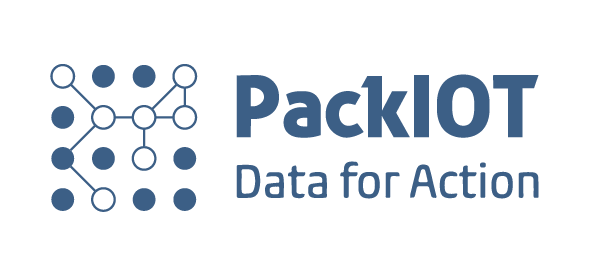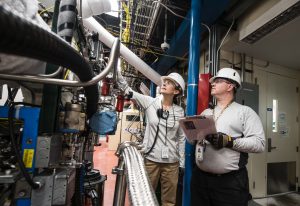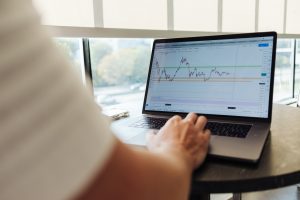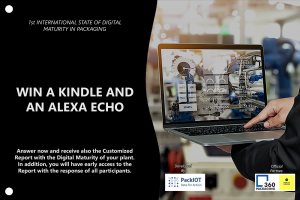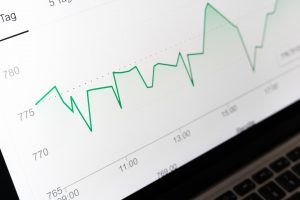PackIOT has been shortlisted for NOS and AWS innovation program on 5G
We are honored to announce that we have been selected to be part of the 5G Accelerator - Collaborative innovation program is an initiative by NOS and AWS (Amazon Web Services), in partnership with Startup Lisboa, to accelerate 5G transformation and innovation in Portugal. With much faster speeds (up to 10 times faster than 4G), low latency (instant and real-time response to any command), and the ability to connect millions of devices, 5G will be one of the main drivers of the digital economy. There were only 15 companies selected from a list of hundreds of competitors, and PackIOT is the only one focused 100% on technology for the manufacturing industry. "We are very excited to be part of this program. 5G technology is going to have a big impact on production processes and in the digital transformation of the industry. And this is all part of our mission and vision"- Cristiano Wuerzius, CEO of PackIOT. With this program, NOS and AWS intend to support the construction of an ecosystem of innovation and 5G entrepreneurship ecosystem in Portugal, leading the digital transformation and fostering the creation of opportunities associated with the new mobile technology.
